chips
Latest

Podcast: Galaxy Z Fold 2, NVIDIA RTX 3000 and Intel's 11th-gen CPUs
It's been an intense week for those covering tech news and on this episode of the Engadget Podcast, we dive into Samsung's Galaxy Z Fold 2, NVIDIA's new RTX chips, Intel's latest processors and a slew of IFA announcements.
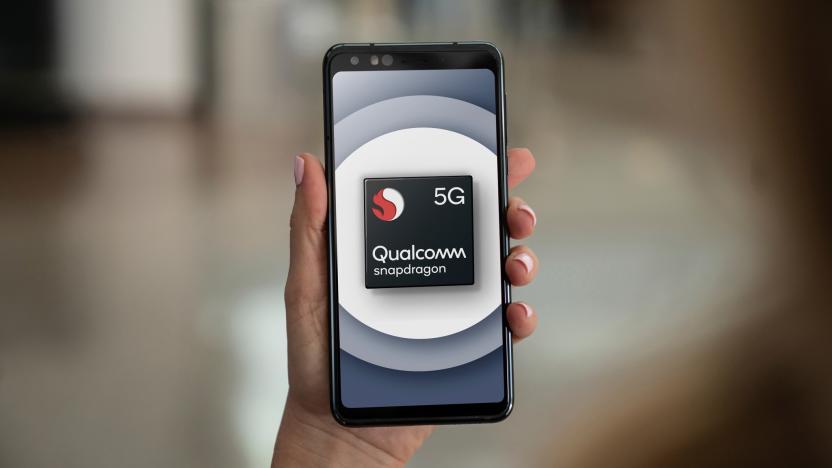
Qualcomm is bringing 5G to its entry-level Snapdragon 4-series chipsets
Qualcomm plans to scale its 5G tech to entry-level 4-series chipsets.
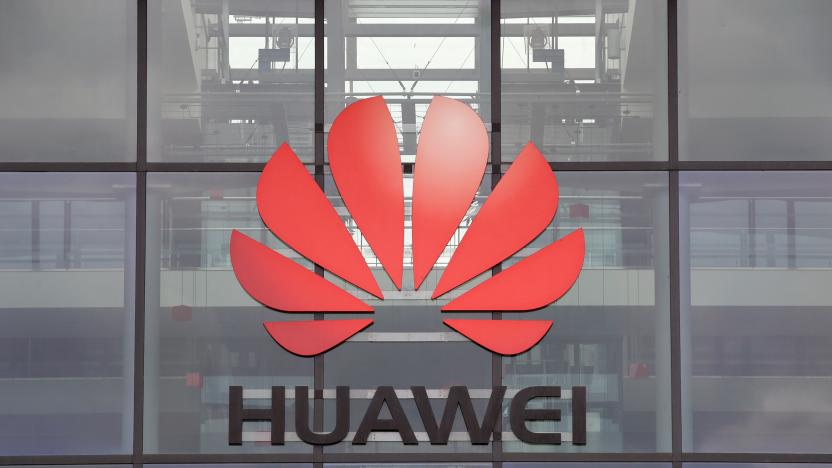
US tightens restrictions on Huawei to close trade loopholes
The US is expanding trade restrictions meant to limit Huawei's access to semiconductors.
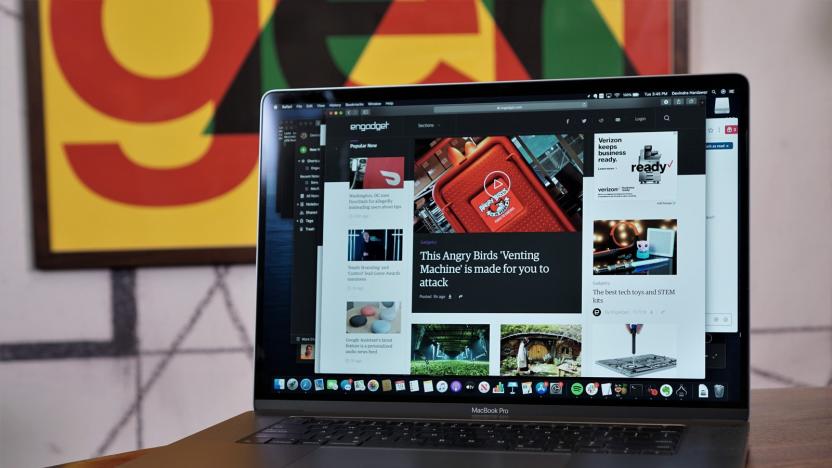
Recommended Reading: Why is Apple breaking up with Intel?
The week's noteworthy writing on technology and more.

Qualcomm’s latest Bluetooth chips could bring ANC to lower-cost earbuds
Today, Qualcomm unveiled its next-generation of ultra-low-power Bluetooth Systems on a Chip (SoCs). The SoCs are designed for true wireless earbuds and hearables, and they could make top-end features, like active noise cancellation (ANC) and voice assistant support, more universal.

Apple must pay $838 million for infringing CalTech's WiFi patents
The California Institute of Technology (CalTech) has won a $1.1 billion jury verdict against Apple and Broadcom, according to Reuters and other sources. In a case that first hit federal courts in 2016, CalTech accused Apple of using Broadcom WiFi chips that violate four of its patents in all iPhones, starting around 2012. The jury reportedly ordered Apple alone to pay $838 million, or about $1.40 per device -- which works out to about 598 million gadgets that used the infringing chips.
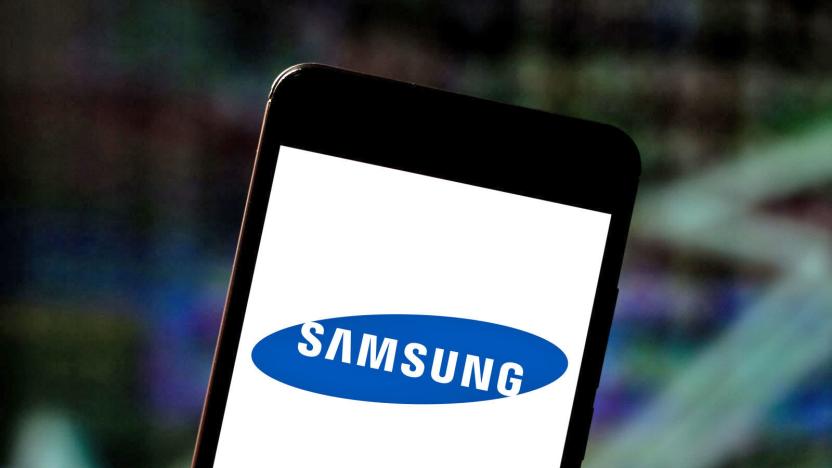
Samsung chips promise secure 100W USB-C fast charging
Samsung released two new USB Type-C power delivery (PD) controller chips for power adapters, SE8A and MM101. The chips included built-in security safeguards and are able to communicate with devices that meet USB-PD 3.0 specifications to deliver the optimum power for each device. With up to 100W-charging, they support fast charging on power-hungry products like laptops and tablets, too.

Super Micro will move chip production out of China to avoid spying claims
Server maker Super Micro is moving production out of China in a bid to allay US customer's concerns about spying, even though independent tests have shown no evidence of cyber espionage. The company has also announced its plans to expand its own in-house manufacturing facilities to help mitigate any perceived risks. A spokesperson for the company said Super Micro wants to be more self-reliant "without depending only on those outsourcing partners whose production previously has mostly been in China."
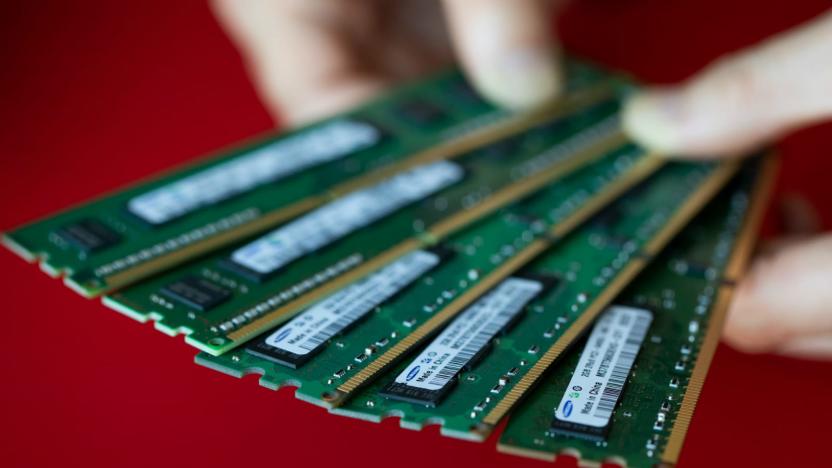
Samsung invests in logic chip R&D to take on Qualcomm and TSMC
Samsung's chip division is its most lucrative, but memory chip prices are falling and the company's overall operating profits are slipping. In response, Samsung just announced a $116 billion investment in non-memory chip R&D and production infrastructure. Some see that as a move to sell chips to other companies and take on competitors like Qualcomm, Intel and Taiwan Semiconductor Manufacturing Co Ltd (TSMC).
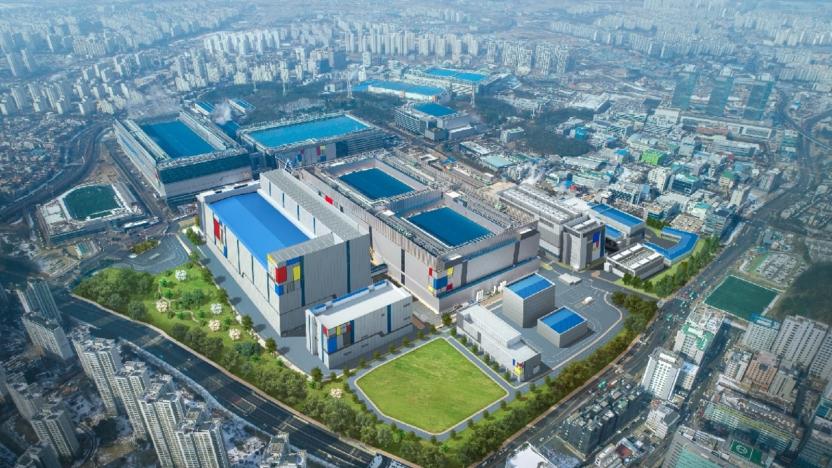
Samsung is primed for power-saving 5-nanometer chips
Samsung only just started manufacturing 7-nanometer chips recently, but it's already taken another big step in the race to keep up with Moore's Law. The company announced that it has started sampling 5-nanometer chips, and will start building them for smartphones and other gadgets in the second quarter of 2020. The benefits won't be enormous, but they will be significant: You'll get about a 20 percent savings in power, or a 10 percent boost in speed.

Intel unveils a groundbreaking way to make 3D chips
As it's getting more difficult to cram transistors next to each other in chips, and we near the end of Moore's Law, the only choice is to go vertical. Literally. That's the essence of 3D chip design, and it's the crux of a major Intel announcement this morning: It's developed the first 3D chip architecture that allows logic chips -- things like the CPU and graphics -- to be stacked together. This isn't just a far-flung research project, either. Intel claims we'll see the first products to use Foverus in the second half of next year.

Samsung has figured out EUV, the holy grail of chipmaking
Samsung has finally nailed a much-anticipated chip manufacturing technique that will help phones perform faster and keep their batteries juiced for longer. The company is now building 7-nanometer chips using extreme ultraviolet (EUV) technology -- a process which has been in the pipeline for years but has faced all kinds of challenges in real-world roll-out.

Apple boosts in-house chip program with $600 million acquisition
Apple has signed a licensing deal with its long-time supplier Dialog and acquired assets including 300 employees, the two companies announced. Apple will pay the UK-based firm $300 million now plus another $300 million in the future for delivery of products. It also awarded Dialog a number of new contracts for power management, charging and audio subsystem chips.
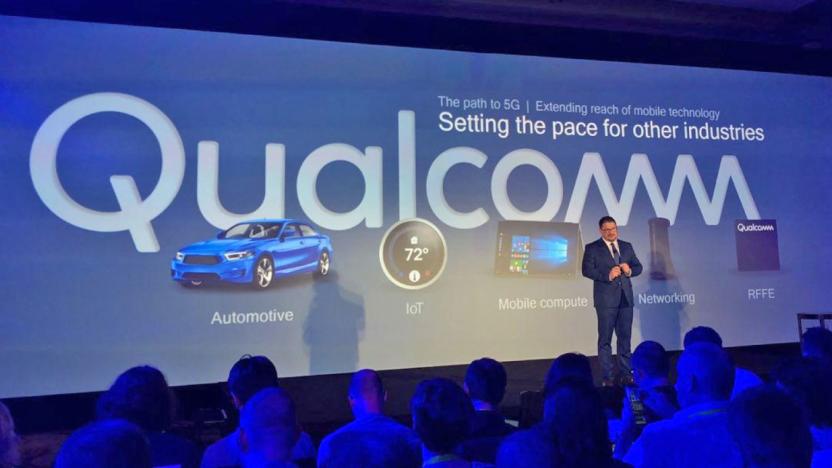
Qualcomm settles antitrust dispute with Taiwan regulators
Qualcomm and Taiwan's Fair Trade Commission have made peace and agreed to settle the chipmaker's antitrust dispute in the country. Taiwan's FTC accused Qualcomm of abusing its dominance in providing cellular chipsets for phones, ultimately slapping it with a $774 million fine in 2017. Now, after the San Diego-based tech giant denied those accusations and appealed the decision, the regulatory body has agreed to take and keep the $93 million initial fine Qualcomm paid in July. According to the company's statement, "no other amounts will be due."
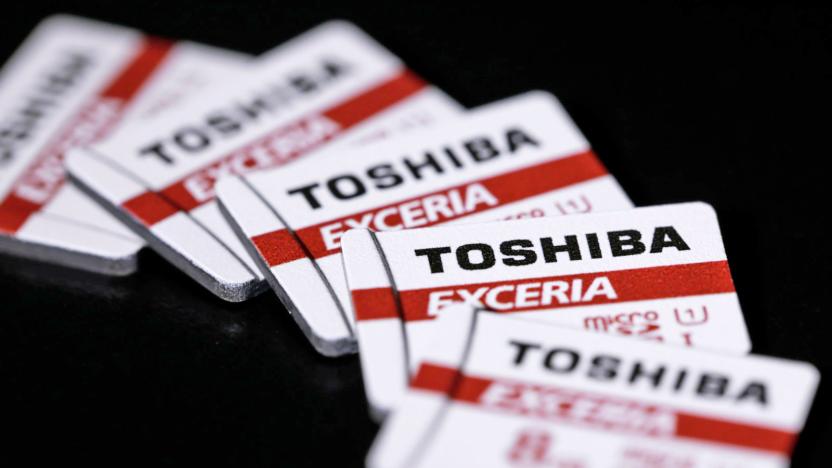
Toshiba's flash chips could boost SSD capacity by 500 percent
Toshiba has started building prototype sample flash memory with the highest capacity yet, 1.33 terabits (166GB) per chip. The 96-layer 3D NAND flash chips have four bits per cell, as compared to its current-gen three-bit tech, which allowed for chips with "only" 32GB. A typical package for flash storage, containing 16 of the chips, would have an astonishing 2.66 TB capacity, opening up new possibilities for faster, higher density SSDs and memory cards.
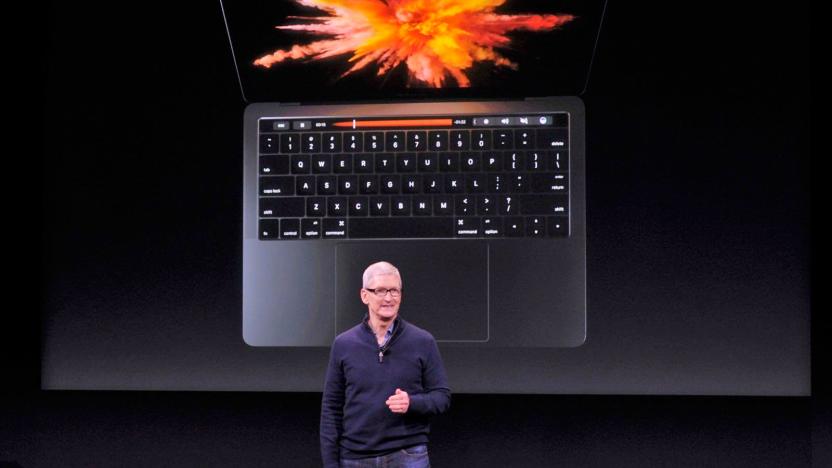
I can’t wait for laptops with Apple’s own chips
Apple might be ready to ditch Intel's x86 chips in the Mac in favor of a custom-designed piece of silicon. At least that's the story out of Bloomberg, which believes that a transition by Apple to its own CPUs could begin by 2020. It's just a single, as yet unsubstantiated story, but it's already made a dent in Intel's share price, even if Apple is hardly its biggest customer. And yet it's clear that between Intel's recent problems and Apple's successes, it's time that divorce proceedings begin.

Intel redesigned its 8th-gen processors to patch ‘Meltdown’ flaws
As promised, Intel has redesigned its upcoming 8th-gen Xeon and Core processors to further reduce the risks of attacks via the Spectre and Meltdown vulnerabilities, CEO Brian Krzanich wrote. Those fixes are on top of the software updates already issued, which now patch "100 percent" of vulnerable Intel products launched in the past five years, he affirmed. The hardware changes will stop attacks by the Spectre variant 2 and Meltdown variant 3 weaknesses, but software fixes will still be required to patch Spectre variant 1 vulnerabilities.

Qualcomm's flagship Snapdragon 845 is a graphics powerhouse
Qualcomm recently let journalists benchmark the upcoming Snapdragon 845 on its own reference smartphone, and the results look promising for the Galaxy S9 and other new devices. On the one hand, CPU improvements were merely incremental, despite a switch to new ARM Cortex designs. On the other, Qualcomm's new Adreno 630 GPU performed impressively, especially considering the power draw, putting rivals like Samsung and Huawei on notice. "There is need for more radical change to keep up with Qualcomm," said Anandtech.

Samsung starts producing GDDR6 RAM for next-gen graphics cards
You can start getting pumped about the next generation of graphics cards, as Samsung has announced that it's building the first-ever 16-gigabit GDDR6 chips using its 10-nanometer class technology. The news isn't a complete surprise, as Samsung previously said that GDDR6 was coming when it unveiled 8-gigabit DDR4 RAM chips last month and won a CES 2018 Innovation Award in November.
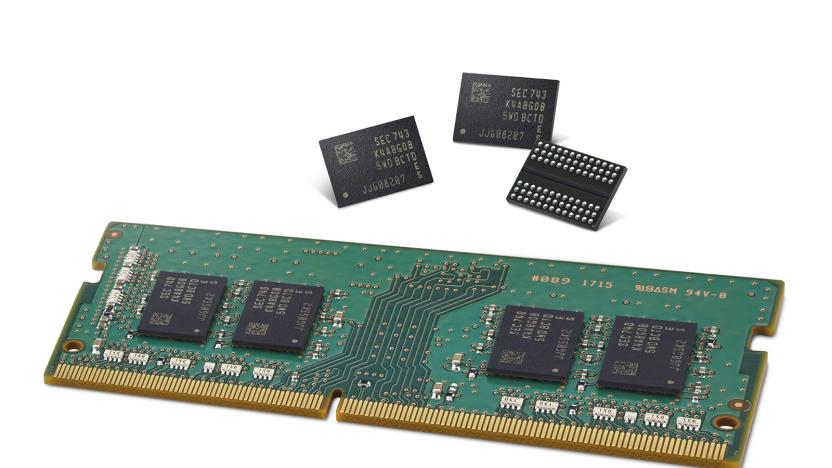
Samsung's faster, smaller DRAM chips are coming to your next PC
Samsung has built the smallest 8-gigabit DDR4 RAM chip ever using its second-generation 10-nanometer manufacturing tech, it said in a news release. The chips are 15 percent more energy efficient and run 10 percent faster than the last generation, launched just 20 months ago. Productivity for the chips is also up 30 percent, meaning that wafer throughput and yields will let it build more of the chips in the same time. That should make RAM for your computer cheaper and easier to find in the near future.







